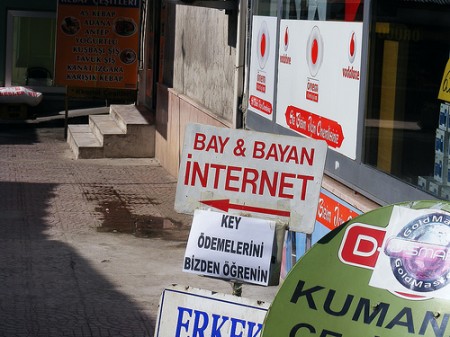
Last week, an article in Arab Crunch stated that internet users from Syria, Sudan, N Korea, Iran and Cuba were not allowed to access some services and sites. The US-based open source repository SourceForge is an example.
It must be said though that these countries are also known for their own site-blocking capabilities.
As always on the World Wide Web, nothing is certain. But the evidences point out that it is the US government that is prohibiting access to these websites. These five countries are subject to US sanctions, and as such, Washington is restraining internet access to users in these ‘blacklisted’ countries. It is also worth saying that 4 out of 5 of these countries are the one “sponsoring terrorism” (North Korea having been removed in 2008 following bilateral negotiation on non-proliferation).
But US companies and the citizens of the countries mentioned are not the only ones affected by the sanctions.


